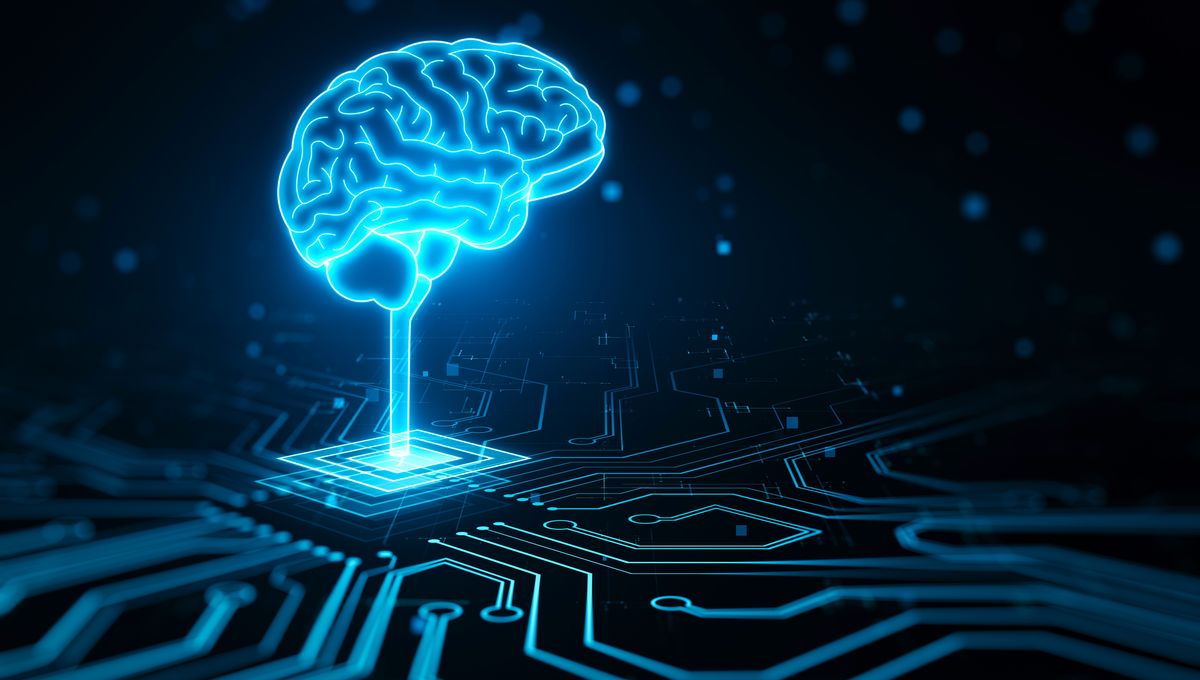
The world has taken one step closer to a biological computing breakthrough, as a research project at an Australian university has secured funding from the country’s National Intelligence and Security Discovery Research Grants Program. The project will see a team attempt to grow 800,000 human brain cells onto silicon chips, with capabilities that could revolutionize the field of machine learning.
“This new technology capability in future may eventually surpass the performance of existing, purely silicon-based hardware,” explained project lead Adeel Razi, an associate professor in the Turner Institute for Brain and Mental Health at Monash University, in a statement.
The team, a collaboration between Monash University researchers and Melbourne-based startup Cortical Labs, have dubbed their tech “DishBrain”. Last year, they hit headlines by demonstrating the prowess of their “synthetic biological intelligence” at classic computer game Pong.
Razi has ambitions that stretch way beyond that, however: “The outcomes of such research would have significant implications across multiple fields such as, but not limited to, planning, robotics, advanced automation, brain-machine interfaces, and drug discovery, giving Australia a significant strategic advantage.”
The use of human brain cells to power computers brings a unique set of advantages. The DishBrain system should unlock the capability of “continual lifelong learning”, which Razi explained is out of reach for current artificial intelligence (AI) systems. Theoretically, a biocomputer should be able to continuously gain new skills and adapt to new tasks without compromising previously acquired knowledge, whilst simultaneously being more energy efficient than its totally inorganic predecessors.
Mirroring the incredible plasticity and adaptability of the human central nervous system could pave the way for advances in many devices that rely on machine learning, such as drones, wearables, and autonomous vehicles.
It’s due to the possibilities surrounding this technology that the National Intelligence and Security Discovery Research Program has awarded the team a grant of almost $600,000 AU (just over $400,000 US) to continue their research.
“We will be using this grant to develop better AI machines that replicate the learning capacity of these biological neural networks. This will help us scale up the hardware and methods capacity to the point where they become a viable replacement for in silico computing,” Razi said.
The funding is a big boost, and only time will tell what could now be in store for a system that Cortical Labs describes on its website as “the ultimate learning machine”.
Source Link: Silicon Chips Powered By Human Brain Cells Secure National Security Grant